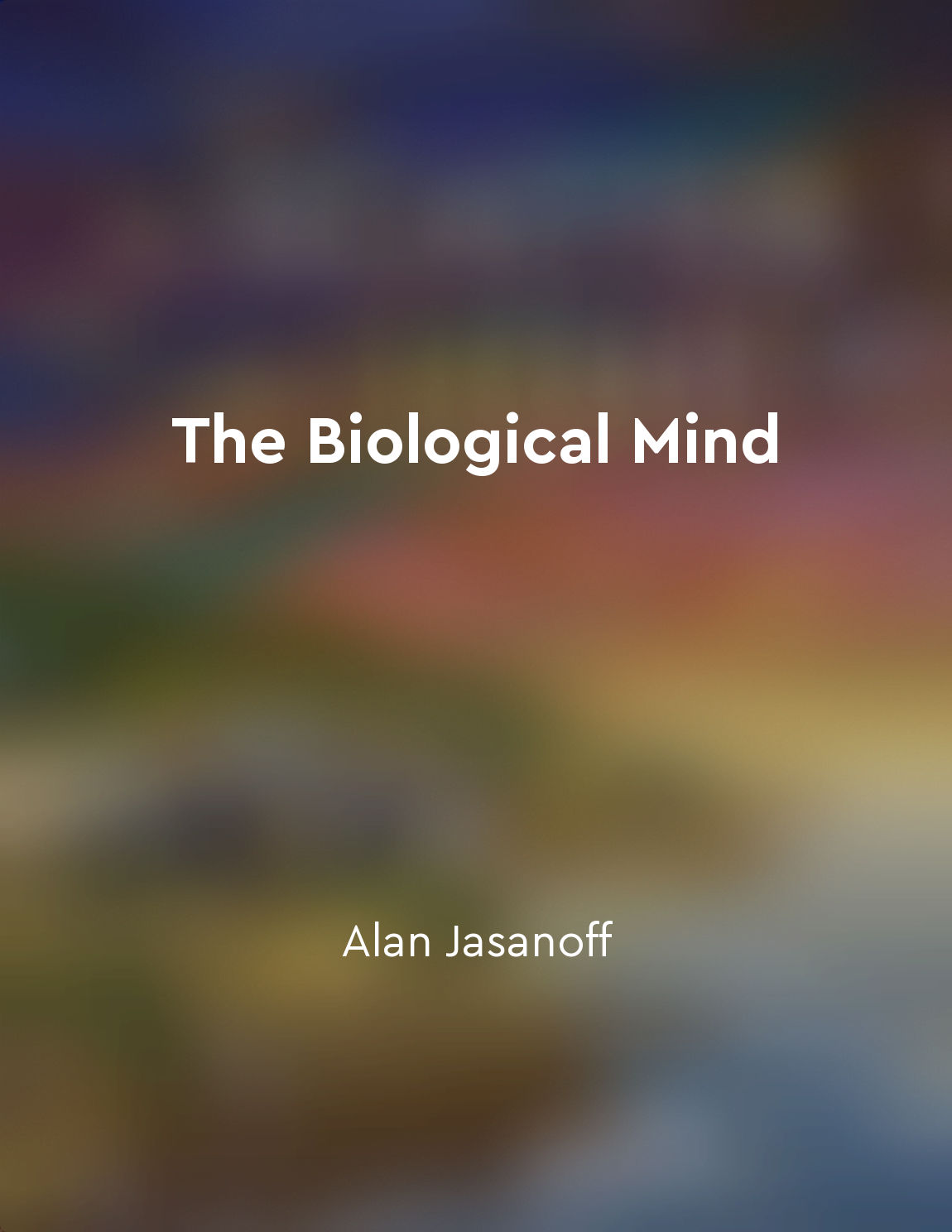Audio available in app
Childhood experiences shape our ability to cope with stress from "summary" of When the Body Says No by Gabor Maté, MD
The way we respond to stress as adults is deeply influenced by our early experiences during childhood. When we were young, our brains and nervous systems were still developing, and the environment we were raised in played a significant role in shaping how we learned to cope with stress. Children who grew up in nurturing and supportive environments, where their emotional needs were met and they felt safe and secure, tend to develop healthy coping mechanisms for dealing with stress later in life. On the other hand, children who experienced neglect, abuse, or other forms of trauma may struggle to cope with stress in healthy ways as adults. Our childhood experiences teach us how to regulate our emotions, handle conflict, and manage stressful situations. If we were raised in an environment where our emotions were dismissed or invalidated, we may have learned to suppress our feelings or resort to unhealthy coping mechanisms like substance abuse or self-harm. The stress response system in our bodies is also influenced by our early experiences. Chronic stress during childhood can impact the development of our stress response system, leading to long-term health consequences. Children who experienced high levels of stress or trauma may have a heightened stress response as adults, which can increase their risk of developing chronic illnesses like heart disease, autoimmune disorders, and mental health issues. It is important to recognize the impact of childhood experiences on our ability to cope with stress as adults. By understanding how our early environment shaped our stress response system and coping mechanisms, we can begin to heal from past traumas and develop healthier ways of dealing with stress in our daily lives.Similar Posts

Brain activity can be decoded using advanced technology
Deciphering the inner workings of the brain has long been a goal of neuroscientists and researchers. With advancements in techn...
Superego enforces moral standards
The superego, one of the three major components of the psyche according to Freud, plays a critical role in enforcing moral stan...
Hormonal imbalances can affect brain function
When your hormones are out of balance, it can have a significant impact on how your brain functions. Hormones play a crucial ro...
Brain mediates learning
Learning is a complex process that involves our brain in various ways. The brain is like a command center that orchestrates the...
Emotional intelligence is crucial for success
In today's fast-paced and highly competitive world, the ability to understand and manage emotions is a key factor in determinin...
Gratitude can bring peace
The feeling of gratitude has a way of settling things in our hearts. It's like a warm hug that wraps around us and whispers, "I...
Strengthen your child's developing sense of selfcontrol
Helping your child develop a strong sense of self-control is crucial in their overall growth and development. By understanding ...
Eating a variety of whole foods is key to good health
A well-rounded diet, consisting of a diverse selection of whole foods, is essential for maintaining optimal health and well-bei...
Chronic stress can impact brain function
Chronic stress exerts a profound impact on brain function. When faced with ongoing stress, the brain's stress response system b...
Trauma can lead to physical symptoms and chronic conditions
When a person experiences trauma, their body can react in a variety of ways. This can manifest as physical symptoms and chronic...
